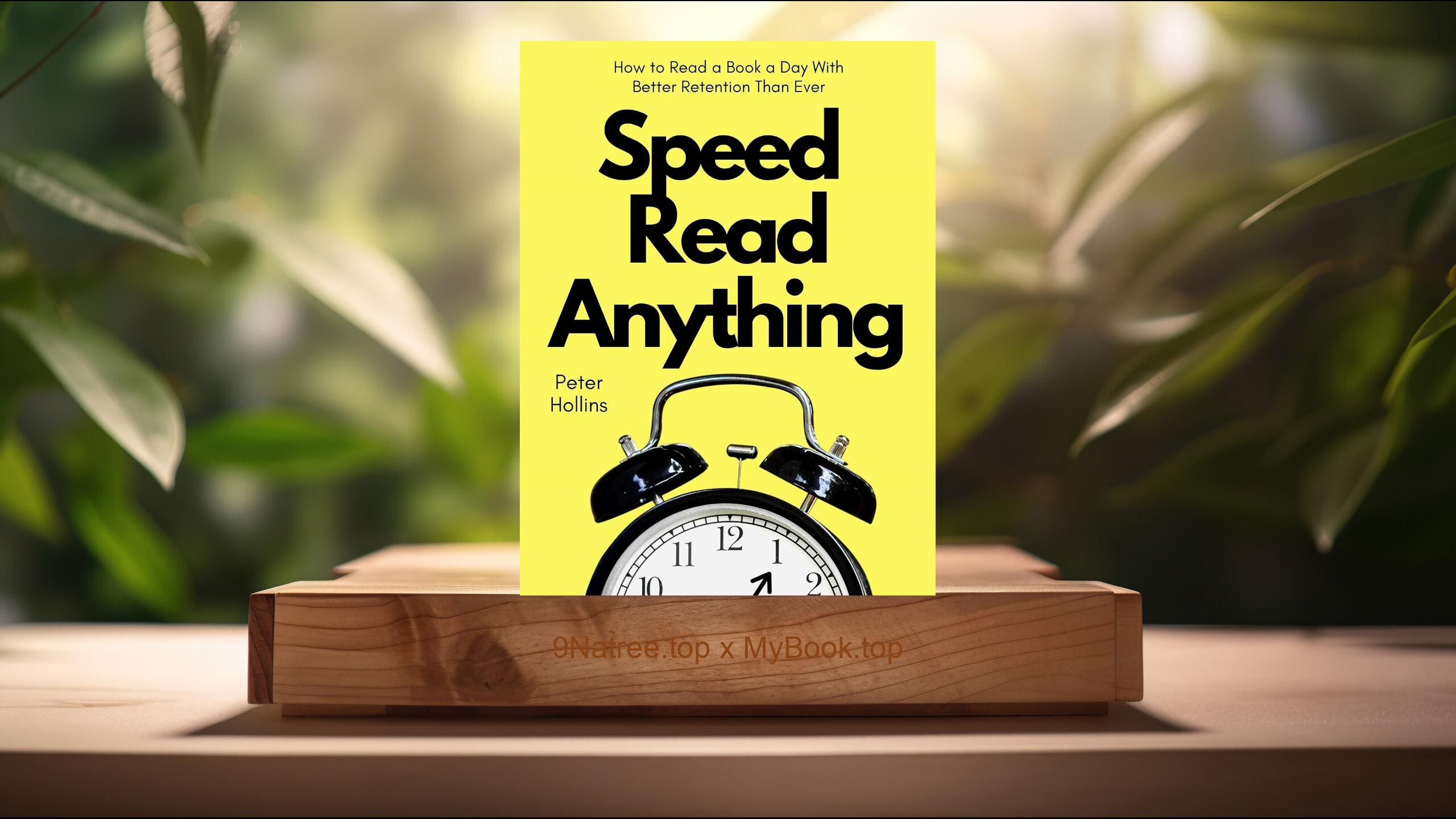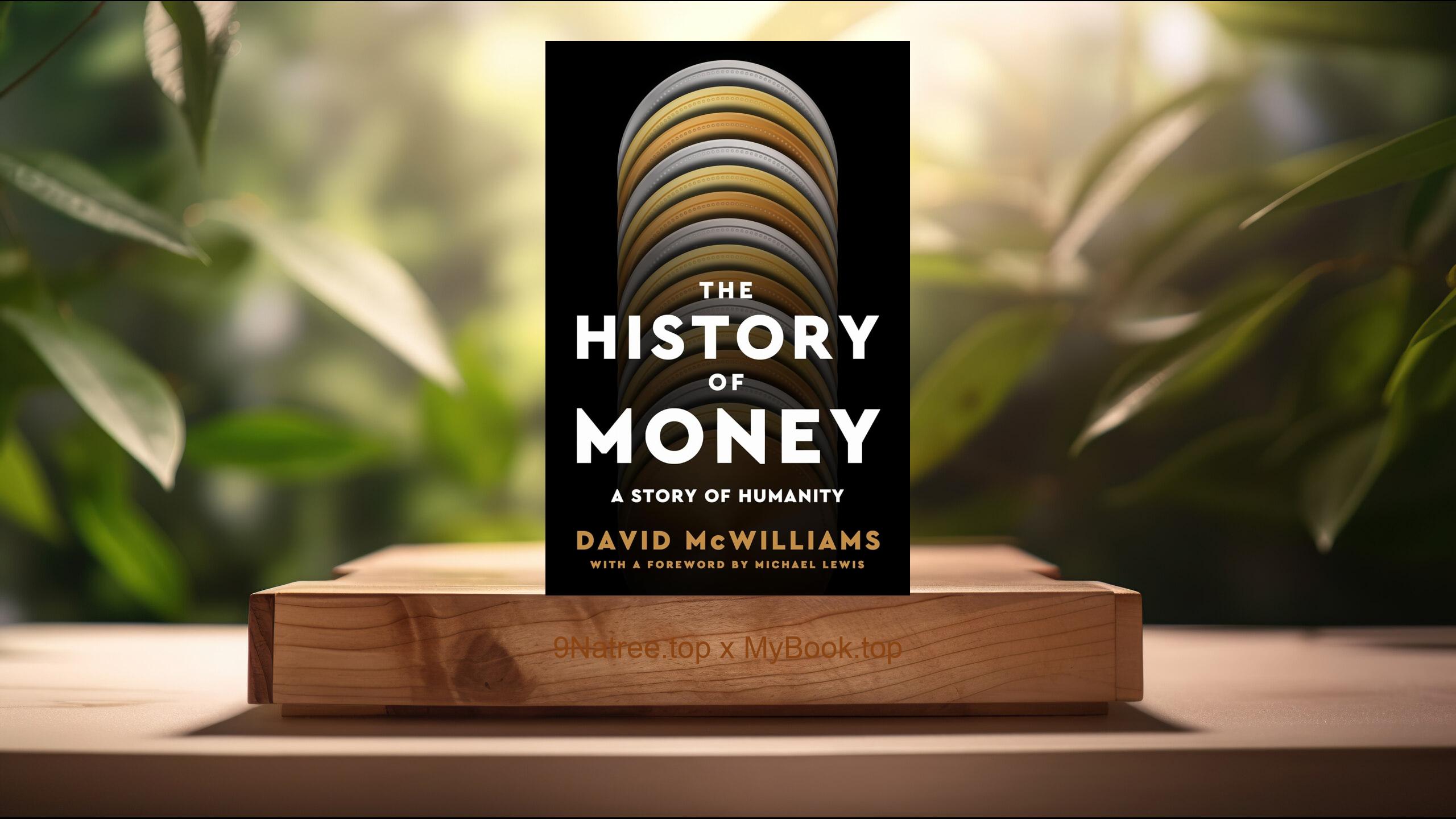Show Notes
Buy on Amazon: https://www.amazon.com/dp/B072KBWB6G?tag=9natree-20
Read more: https://mybook.top/read/B072KBWB6G/
#AutonomySupportiveParenting #StressandChildDevelopment #SelfControlandMotivation #ResilienceinChildren #EmpoweringYoungMinds #GrowthMindset #ParentingStrategies #TheSelfDrivenChild
These are takeaways from this book.
Firstly, The Stress Epidemic in Kids, The book opens with a discussion on the rising stress levels among contemporary children and teenagers. It highlights how an overemphasis on grades, performance, and adherence to a predetermined success path can detrimentally affect a child’s mental health. External pressures, excessive scheduling, and the need to always 'measure up' can lead to anxiety and disengagement. The authors use scientific studies and anecdotes to illustrate how stress not only undermines a child’s cognitive capacities but also hampers their problem-solving skills, productivity, and overall motivation.
Secondly, Autonomy Supportive Parenting, A core topic of the book is the concept of 'autonomy supportive parenting,' which contrasts with overly directive or controlling parental behaviors. Stixrud and Johnson draw upon research to underscore the importance of children feeling a sense of control over their lives. This involves parents stepping back to allow children to make their own decisions, experience the consequences of their actions, and engage in self-directed problem-solving. The authors detail strategies to empower kids to develop internal motivation, which fosters independence, resilience, and emotional well-being.
Thirdly, The Self-Controlled Brain, Expanding on how autonomy impacts a child psychologically, the book delves into the 'self-controlled brain.' It discusses the neuroscience behind motivation, self-regulation, and stress, emphasizing the importance of a child’s belief in their own control over their environment and outcomes. The authors explain how a self-driven mindset activates neural pathways associated with motivation and goal setting, leading to a more engaged, confident, and adaptable learner. They also cover strategies for parents to help build these neural pathways in their children, enhancing their capacity for self-driven success.
Fourthly, Facing Failure and Building Resilience, An important area covered is the inescapable reality of failure and the critical role it plays in developing resilience. Stixrud and Johnson argue that shielding children from failure deprives them of essential learning opportunities. They stress the importance of using setbacks as teaching moments that encourage growth, adaptability, and perseverance. By fostering a 'growth mindset,' where challenges are seen as opportunities to learn rather than insurmountable obstacles, parents can help their children embrace failure as a step towards mastery and self-assurance.
Lastly, Practical Strategies for Fostering a Self-Driven Child, Throughout, the authors provide actionable advice for fostering a more autonomous, motivated, and resilient child. This includes tips on goal setting, effective communication techniques that validate the child’s perspective, setting healthy boundaries, and cultivating a positive emotional climate at home. These strategies are designed to transfer the autonomy to children in a supportive manner, allowing them to navigate their pathways through life with confidence and a sense of ownership over their actions and decisions.
In conclusion, ‘The Self-Driven Child’ is a compelling read for parents, educators, and anyone involved in child development. It provides a fresh perspective on autonomy, stressing its importance in fostering a healthy, motivated, and resilient young person. Stixrud and Johnson offer not just a philosophical take on parenting but also practical strategies that can be implemented to empower children in today's high-stress world. By advocating for a child's need to feel in control of their life, this book presents a viable pathway to nurturing self-driven individuals who are prepared to tackle life’s challenges head-on. For those looking to cultivate an environment that promotes personal growth, resilience, and happiness in children, this book is an indispensable guide.
![[Review] The Self-Driven Child (William Stixrud) Summarized](https://episodes.castos.com/660078c6833215-59505987/images/1727171/c1a-085k3-7nqx54z4fmzk-z2gbiz.jpg)




